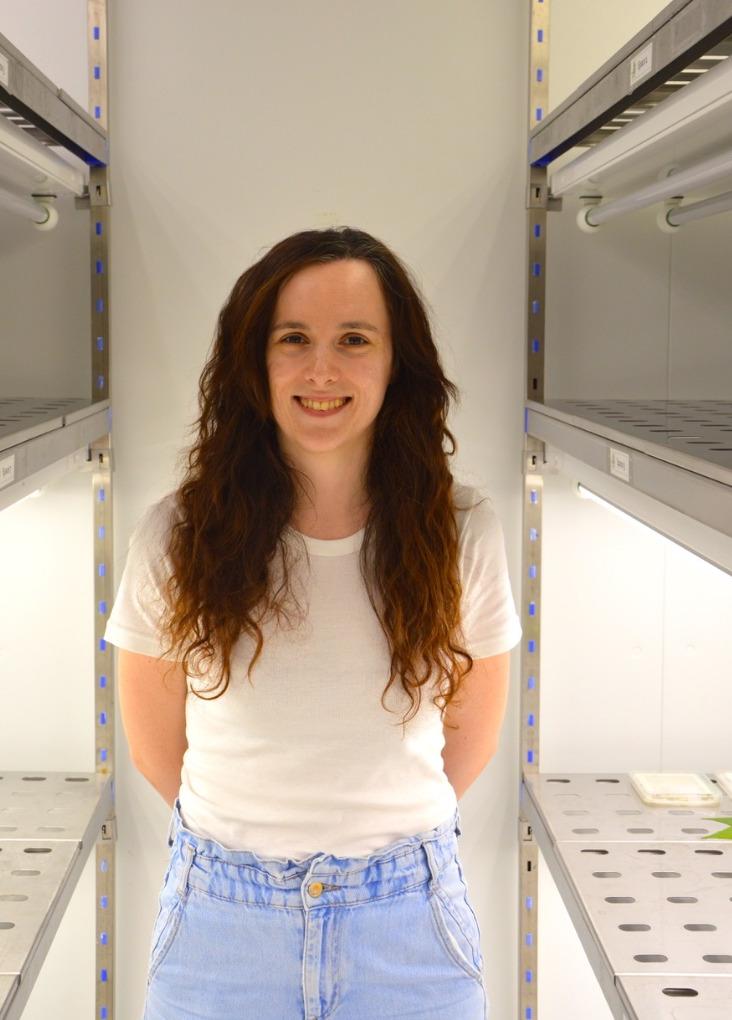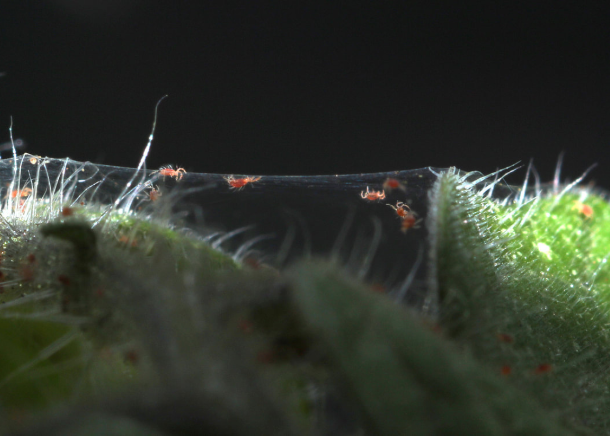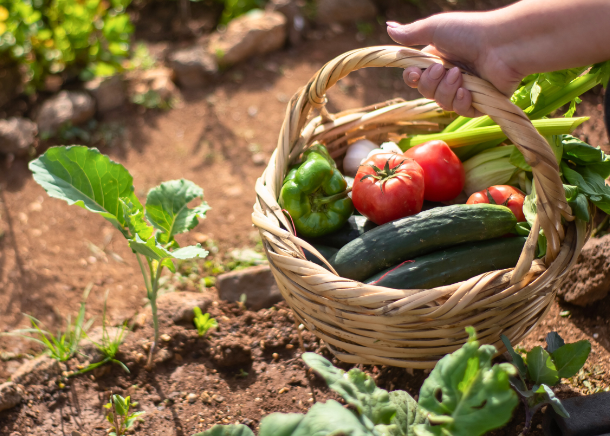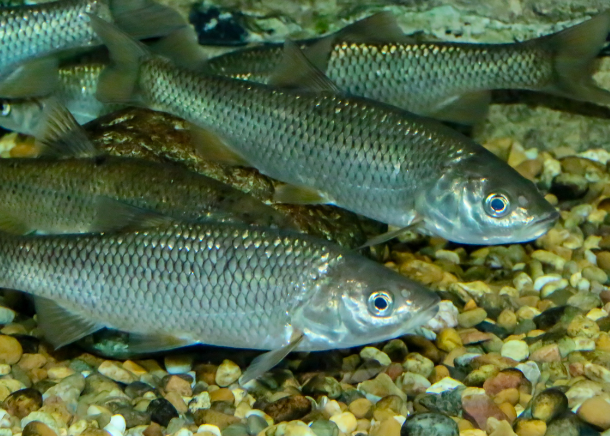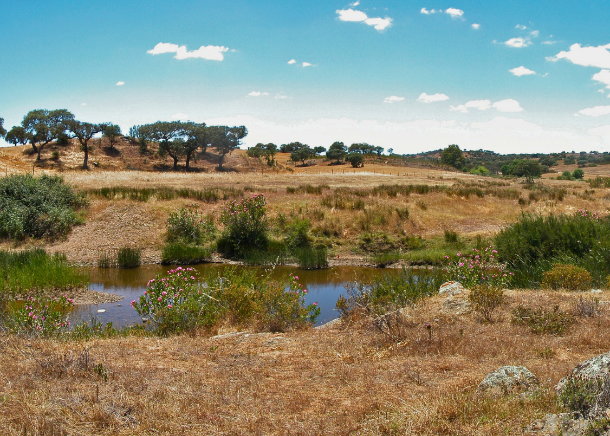Summary:
Global warming is a major threat to biodiversity, with recent data showing that sub-lethal temperatures have a crucial impact on species distribution. Indeed, such temperatures exert strong selection pressure upon organisms, leading to differential reproductive performance at high temperature, ultimately affecting species persistence. Because organisms occur in complex environments, it is crucial to establish how this selection pressure interacts with other biotic or abiotic factors to shape phenotype and genotype expression.
Abstract for publication:
Crop pests can strongly compromise agricultural production, and their importance will likely increase with the rise in food demand and the increase in invasive pests due to food transport. Host plants and pesticides are arguably the most important selection pressures that crop pests face, hence exploring how these stressors, in combination with heat, impact organisms’ traits and population persistence should be a research priority. Several studies have shown that heat influences how herbivores cope with their host plants, with many pests having higher performance under climate warming. Others show that high temperatures affect pesticide resistance, albeit in different directions depending on the study. However important this information might be, it provides evidence on static responses, whereas herbivorous arthropods are known to rapidly evolve in response to each of these stresses. Unfortunately, to date no one has tested how simultaneous exposure to heat and to new host plants or pesticides impacts the evolution of thermal tolerance, host range and/or pesticide resistance.
With this project, we will explore these outstanding knowledge gaps using the two-spotted spider mite Tetranychus urticae, an important cosmopolitan and polyphagous crop pest. The response of this species to high temperature, new host plants and pesticides, are thoroughly described in the literature, but the concomitant effects of these three stressors remain largely unknown.
We first aim to determine the reciprocal effects of adaptation to a sub-lethal high temperature and to a new host plant. Using the powerful tool of Experimental Evolution, T. urticae populations will be maintained for 30 generations on bean or tomato (a new host plant), at 25 or 36°C (a sub-lethal high temperature). With the evolved populations, we will determine whether spider mites have adapted to high temperature and whether this is contingent upon the host plant by measuring male and female fertility at 36 ºC. We will also test whether temperature affects adaptation to a novel host plant by measuring morphological and life-history traits, the damage inflicted, the induction of plant defences and population growth rate of all selection regimes when placed on tomato. Next, we will measure the reciprocal effects of adaptation to a sub-lethal high temperature and to a pesticide. First, we will characterize the prevalence of acaricide resistance in field populations in Portugal. Next, again using Experimental Evolution, we will expose T. urticae populations for 18 generations to one of three pesticides commonly used in agriculture at 25 or 36°C. We will then assess thermal adaptation as before. We will also determine the degree of resistance and cross resistance of the evolved populations, as well as their ability to invade a susceptible population. Then, we will test how adaptation to heat and/or to a new host, or to heat and/or a pesticide, affects the response to a novel stressor. We will first determine how thermal adaptation and host-plant adaptation affect pesticide resistance, by exposing populations that evolved with heat and/or on novel hosts to pesticides. Likewise, we will determine whether thermal and pesticide resistance affect performance on different host plants by exposing mites that evolved with heat and/or pesticides to a novel host plant. Finally, we will identify the genetic basis of adaptation to multiple stressors, a fundamental but unsolved issue in Evolutionary Biology. To this aim, we will compare genome-wide allele frequencies at the beginning and end of the two Experimental Evolutions and across selection regimes using Evolve-and-Resequence.
This project offers a unique opportunity to advance the understanding of how organisms with strong impact in agroecosystems respond to multiple stressors under rapid climate warming, being at the forefront of fundamental research and entirely aligned with societal needs.
Funding Institution:
Fundação para a Ciência e a Tecnologia (FCT)






